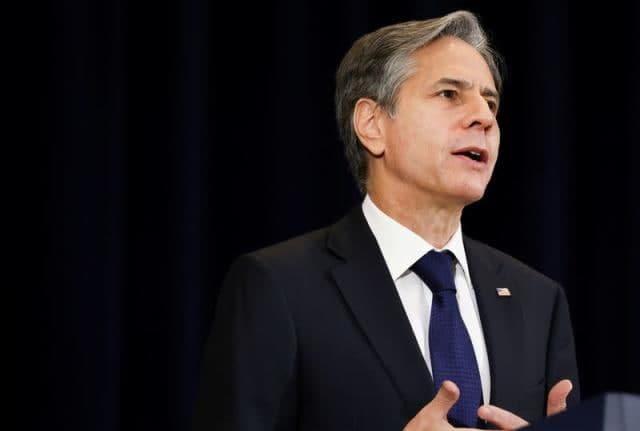WASHINGTON, Sep 13 (Reuters) - Secretary of State Antony Blinken beat back criticism of the withdrawal of US troops from Afghanistan on Monday (Sep 13), at a contentious congressional hearing where at least one Republican called on him to resign.
In testy exchanges with lawmakers, Blinken defended President Joe Biden's decision to pull out and pushed back on accusations that the State Department might have done more to help Americans and at-risk Afghans to be evacuated, blaming the previous administration for lacking a plan.
He repeatedly noted that Republican former President Donald Trump had negotiated the withdrawal agreement with the Taliban, and said President Joe Biden's administration did not consider renegotiating because of threats from the group to resume killing Americans.
"There's no evidence that staying longer would have made the Afghan security forces or the Afghan government any more resilient or self-sustaining," Blinken said.
"We inherited a deadline. We did not inherit a plan," Blinken said, referring to the Trump administration's agreement to remove all US forces from Afghanistan by May 1.
Members of Congress - Biden's fellow Democrats as well as opposition Republicans - have planned hearings since the Taliban seized control of the country last month after a rapid advance.
Blinken appeared on Monday before the House of Representatives Foreign Affairs Committee and was to testify on Tuesday before the Senate Foreign Relations Committee, the first Biden administration official to testify publicly to lawmakers since the militant group's takeover.
Fireworks had been expected, given the amount of finger-pointing over how the two-decade-long US presence in the country ended. Republicans offered harsh criticism.
"The American people don't like to lose, especially not to the terrorists. But this is exactly what has happened," said Representative Michael McCaul, the panel's top Republican.
McCaul asked why assets like the Bagram Air Base were not maintained and why the administration had not reached surveillance and counterterrorism agreements with neighbouring countries.
"This is a national security threat as China moves in. For all I know they make take over Bagram," McCaul said.
Blinken said the United States was actively working to identify threats.





